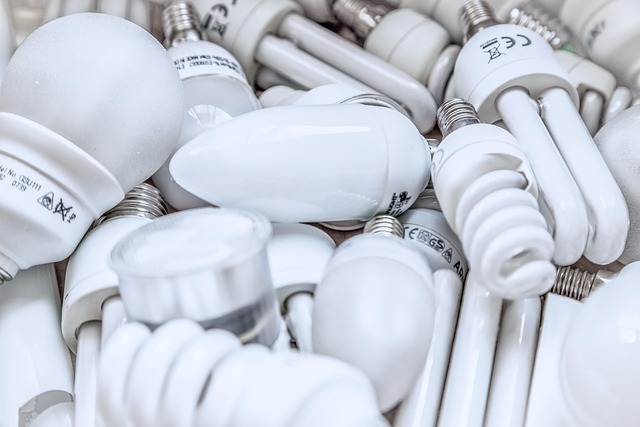As we stand on the precipice of an environmental crisis, the term decarbonization has surged to the forefront of our collective consciousness. The undeniable effects of climate change are manifesting in extreme weather patterns, rising sea levels, and the extinction of numerous species, urging us to take bold steps towards a sustainable future. This urgent need for action invites us to rethink our relationship with the planet and embrace innovative solutions that can drive us towards a more sustainable and equitable world.
Decarbonization refers to the process of reducing carbon dioxide emissions, particularly from the burning of fossil fuels. In a world where the transportation sector is one of the largest contributors to greenhouse gases, a transition to zero-emission vehicles can significantly diminish our carbon footprint. Imagine a city bustling with electric vehicles, their silent hum replacing the cacophony of roaring engines, as fresh air fills the streets. This is not a distant dream; it is a tangible goal that we can achieve with a commitment to innovation and policy reform.
The importance of decarbonization cannot be overstated. As individuals, we can take bold steps in our own lives to reduce emissions. From choosing public transit or cycling over driving, to supporting renewable energy initiatives, we all have a role to play in this monumental shift. Businesses, too, can make a difference by adopting sustainable practices and investing in green technologies. The transition to a low-carbon economy is not simply an obligation; it presents a wealth of opportunities for job creation and economic growth, making it a win-win for everyone involved.
Embracing decarbonization is not merely a matter of environmental responsibility; it is a vital action for our health and the well-being of future generations. Air pollution is linked to various health issues, including respiratory diseases and cardiovascular problems. By reducing emissions, we can create healthier living environments, improving quality of life and extending lifespan. The air we breathe, the water we drink, and the food we consume are all affected by climate change, highlighting the interconnectedness of our ecosystem.
As we push forward, the importance of collective action cannot be understated. It requires a partnership between governments, businesses, and individuals to implement policies and practices that reinforce the need for decarbonization. International agreements like the Paris Accord provide frameworks for nations to set emissions targets, and local community initiatives pave the way for grassroots involvement in climate action. We should advocate for policies that support renewable energy, promote energy efficiency, and encourage sustainable growth.
In schools, workplaces, and neighborhoods, the conversation around decarbonization is gaining momentum. Education plays a vital role in equipping the next generation with the tools and knowledge to tackle climate change head-on. By integrating sustainability into curriculums, we foster a sense of responsibility in young minds, empowering them to innovate and advocate for a greener future.
Adopting a lifestyle centered around decarbonization not only cultivates a sense of personal responsibility but also fosters community engagement and activism. Participating in local clean-up drives, supporting eco-friendly businesses, or joining initiatives focused on renewable energy can bring like-minded individuals together, amplifying the call for change. The more we unite in our efforts to combat climate change, the stronger our impact will be.


